Ocarina of Time’s Link isn’t what you’d picture when you think of a video game protagonist – at least not at first. Not the first time you play it. There’s nothing special about Link. He’s a kid in the Kokiri Forest, the only one without a fairy. When he finally gets one – Navi, assigned by the Great Deku Tree to help guide Link to his destiny – one of the first things she does is call him lazy. It’s a fair point; Link’s asleep in the middle of the day. See, Link may live in Kokiri Forest, but he isn’t one of them. Not having a fairy means he’s on the outside looking in. He’s got one friend, his next-door neighbour Saria, and the village head honcho, Mido, routinely bullies him. Link’s a nobody. If the Kokiri had a soccer team, he’d be the last one picked for it. So you can probably imagine his shock – and Mido’s rage – when Link is summoned to speak to the Great Deku Tree.
The Great Deku Tree, though, has plans for Link. See, Link’s gonna be a great hero, and the first thing he needs Link to do is break a curse an evil man from the desert put on him. He does, of course. But he’s not done. Before dying, The Great Deku Tree hands him the Spiritual Stone of the Forest the evil man was after and sends him off to find Princess Zelda. Zelda, of course, knows Link is a hero, too. She’s had a dream about the evil man from the desert, whose name is Ganondorf. Zelda believes Ganondorf wants to collect the three spiritual stones, open the Sacred Realm, and steal the Triforce, which grants godlike power to whomever wields it. She wants Link to help her stop him. She’s told her dad about this, of course, but he doesn’t believe her. What are a couple of kids with special destinies to do? Worse still, Ganondorf notices them while they’re spying on him. It’s one of only two clues that something is going to go wrong.
Zelda hands Link a letter that will help him out – it has her signature and informs whoever reads it that Link is saving Hyrule at her orders – and commands him to acquire the other two Spiritual Stones so they can open the Sacred Realm and nab the Triforce before Ganondorf does. When Link shows the letter to a guard blocking his path, the guard laughs and calls him “Mr. Hero.” It’s the second, and final, clue about what’s going to happen.
It’s easy to forget all of that while you’re playing Ocarina of Time, because Link’s pretty good at this whole hero business. He saves the Gorons and obtains the Spiritual Stone of Fire, saves Ruto, the Zora princess, cures what’s ailing Jabbu Jabbu, their large fish/whale god, and nabs the Spiritual Stone of Water while he’s at it.
It’s hard not to like Link, and harder still not to identify with him. Everyone has felt alone, been bullied, and told they were lazy and not good enough. And then an actual fairy flies into Link’s room and tells him he’s special. Then The Great Deku Tree does. Then Zelda. And more importantly, he’s actually pretty good at this. He’s three for three with Spiritual Stones. Why wouldn’t he and Zelda beat Ganondorf before something bad happens?
But things go sideways when you pilot Link back to Hyrule Castle. Zelda’s being spirited away by Impa, her bodyguard, and Ganondorf is in hot pursuit. He swats you aside when you confront him. But Ganondorf makes a crucial mistake: Zelda leaves the Ocarina of Time, the last piece to open up the Sacred Realm, behind for you. So you go to do what you’ve been told to do: open the Door of Time in the Temple of Time, enter the Sacred Realm, and claim the Triforce. Ganondorf may think you’re unimportant, but you’re gonna have the last laugh.
Except that isn’t what happens. You pull the Master Sword out of its pedestal, but the very next thing you see is Ganondorf thanking you for opening the Sacred Realm for him. See, he figured you had all the stuff to open the door. Remember, he saw you spying on him and talking to Zelda, and you did show up right as he was going after her and tried to stop him. So he waited. And you opened the door for him.
Link’s too young to wield the Master Sword, so he stays in the Sacred Realm for seven years. When he comes out, Hyrule is a very different place. Hyrule Castle Town is a ruin populated by zombies called ReDeads. Ingo has taken over Lon Lon Ranch and treats the horses, and the owner’s daughter, Malon, terribly. Almost all of the Gorons are locked up in Death Mountain and about to be fed to an ancient dragon. Zora’s Domain is frozen over and most of the Zoras are MIA. Monsters have infested Kokiri Forest. The world’s in a really bad way, and all of it is your fault. You opened the door for Ganondorf. You handed him the Triforce on a silver platter. He even admits he couldn’t have done it without you.
It’s a shocking moment, especially for a game released in 1998. All the more so because you probably wanted to succeed. You wanted to be the hero. You did everything right. You finished the dungeons and beat the bosses. You were supposed to save the world. Instead, you damned it. In hindsight, you probably should have seen it coming. Link and Zelda are kids, and their plan is a child’s plan. But it’s easy to overlook that because it feels like it’s working. It feels like you’re winning. Right up until you’re not.
You spend the rest of Ocarina trying to fix the world you broke. You enter the temples, save old friends, and help people out. Move the needle in little ways. But the reality is what Ganondorf has done isn’t fixable. A lot of people are dead. Hyrule is irrevocably changed. There’s no way to go back and undo what he did, or stop it from happening. What’s done is done. But you can keep things from getting worse, help in little ways. And you can take out Ganondorf.
You do all that, by the end. You recruit the sages, defeat Ganondorf, return the Master Sword to its pedestal, and save Hyrule. There’s a big party. But even then, there’s a cost. You can see Mido and King Zora off to the side, during the celebrations. Mido misses Saria, who became the Sage of the Forest. King Zora misses his daughter Ruto, the Sage of Water. They’re alive, but they can’t go back to their old lives. None of the Sages can. The people we miss don’t magically come back. We can’t undo the past.
The best you can do in Ocarina of Time is try to fix the world you broke. You can travel through time, but there’s no undoing what happened. The best you can do is to prevent it from happening in the original timeline and keep the future you ruined from getting worse. Link gets to return to his original timeline when all’s said and done. No one there will know what he did. He won’t be a hero. All he can do is warn the Royal Family. But the world will be better off. In the end, Navi, with her work done, flies away. Link is alone, just like he was at the start. His penance is to go back to being exactly who he was. That he spends Ocarina’s sequel, Majora’s Mask, searching for Navi, his only remaining friend, and never finds her, is heartbreaking. But that’s life, too.
Ocarina of Time is a reminder that we can’t change the past, that good intentions aren’t a guarantee of success, and that sometimes people leave us, no matter how much we love them. There are no guarantees. We can’t even ensure that we’ll be happy. The Hero of Time isn’t. He spends the rest of his life searching for a friend he never finds, and returns as a spirit in death, upset he couldn’t pass on what he’d learned, lamenting that he wasn’t remembered as a hero. Hardly a fitting end for someone who endured so much.
But maybe that’s the point. We can’t change the past. But we can avoid repeating it. We can learn from it, and do better in the future. We can prevent others from making our mistakes. We can’t avoid failure, no matter how hard we try. But like Link, we can put in the work, even if it doesn’t end well for us. And maybe, if we’re lucky, that’s how we find redemption.
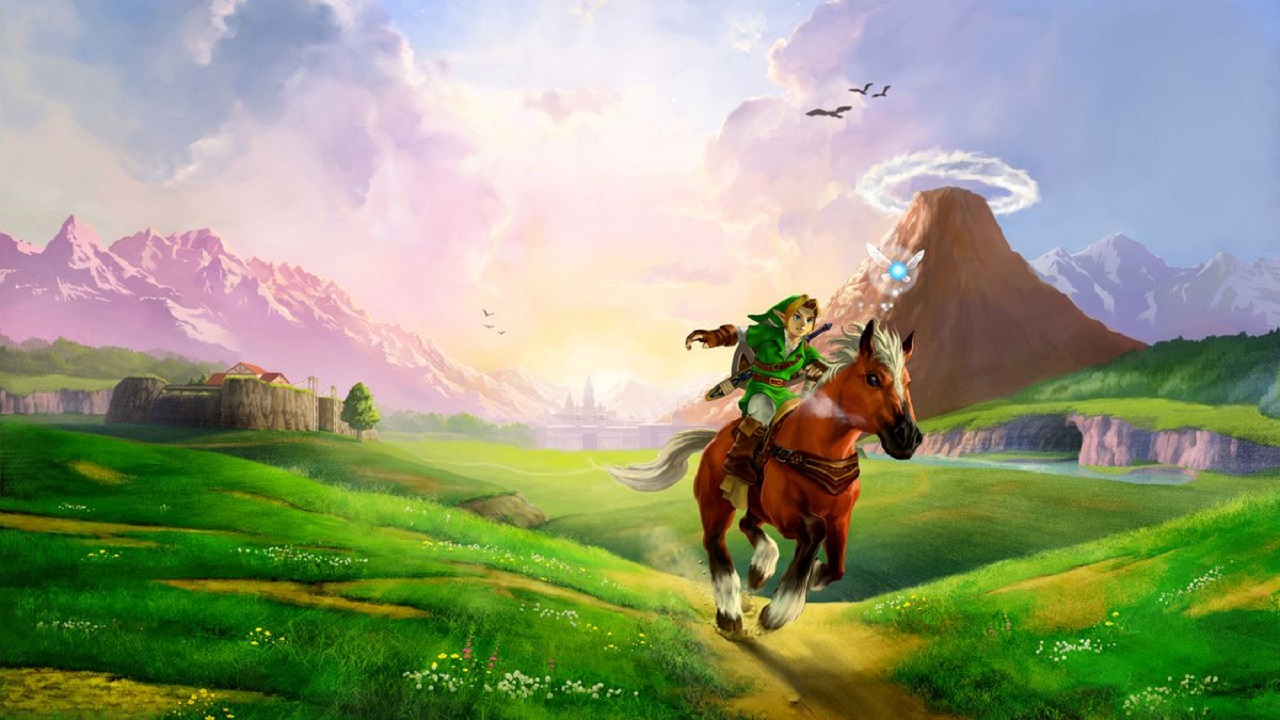

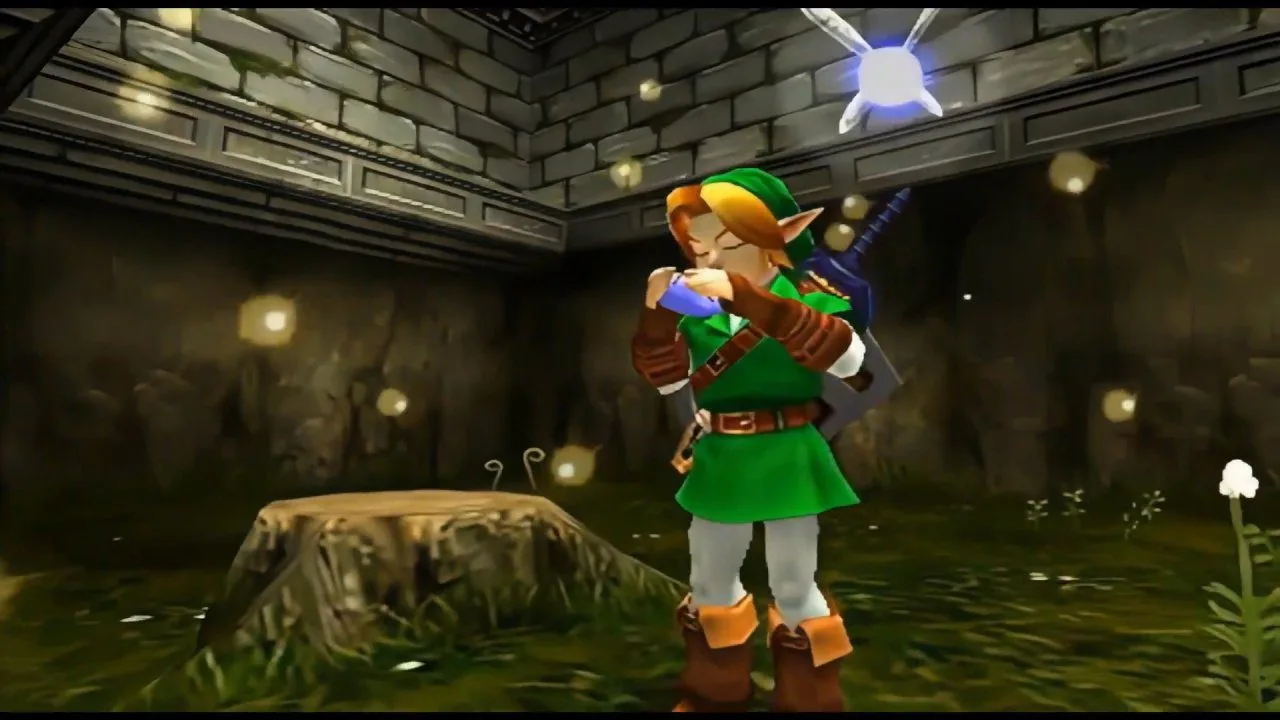
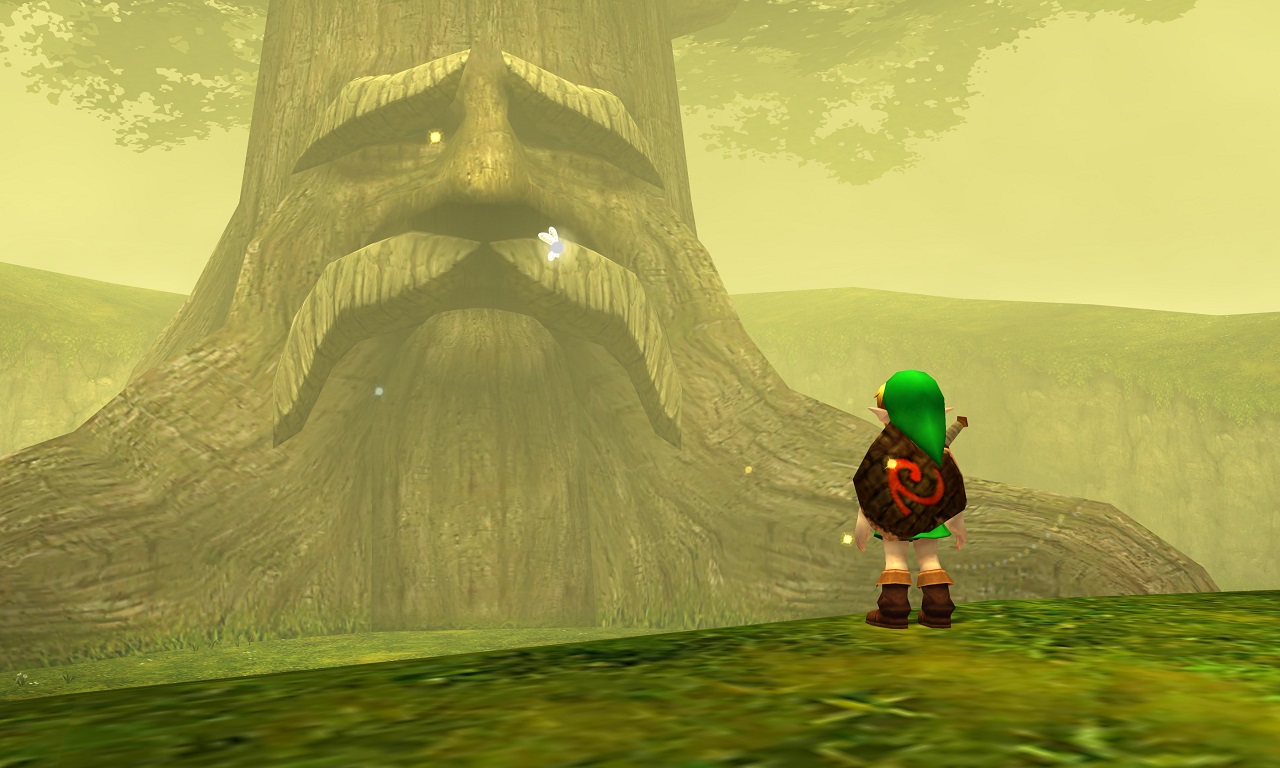
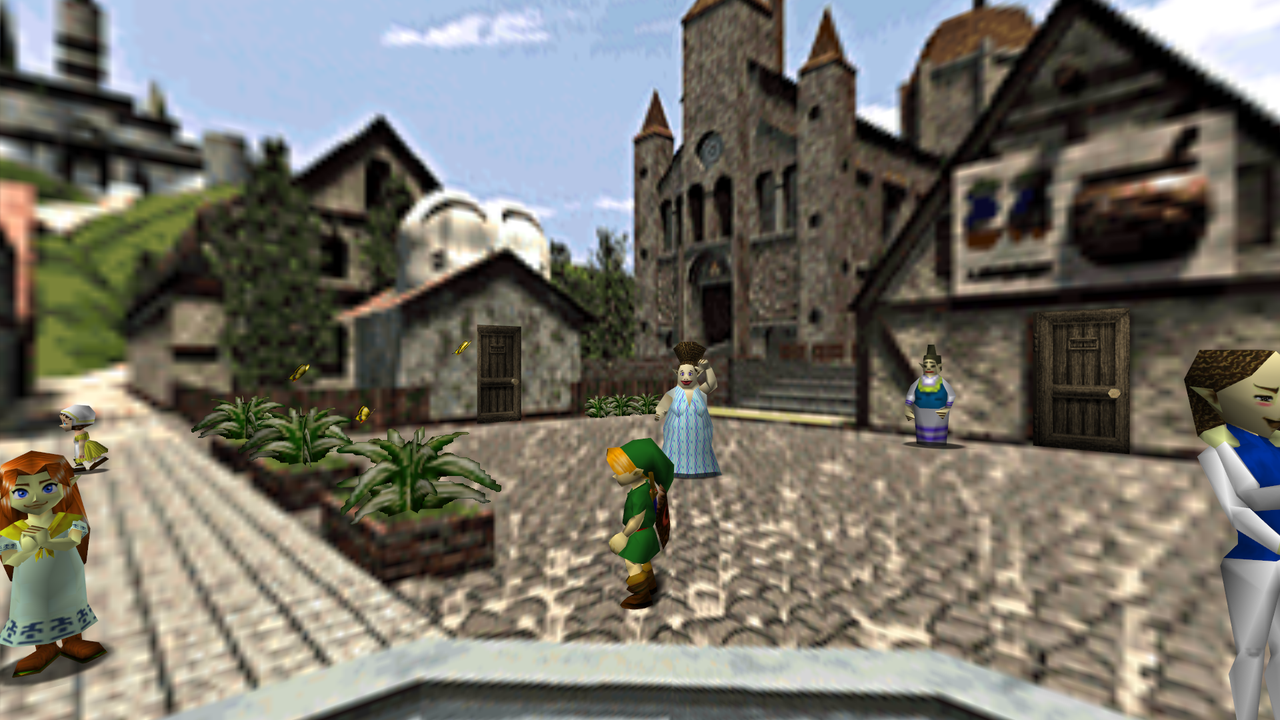
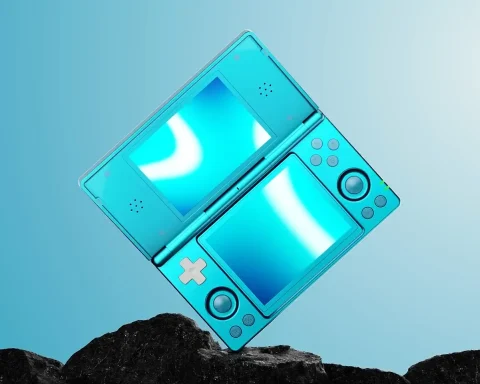
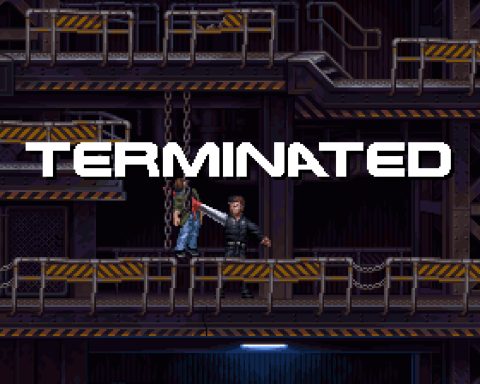
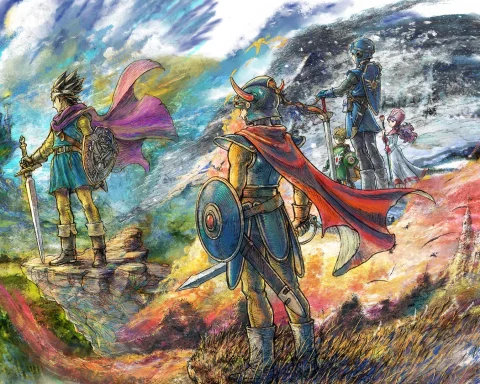
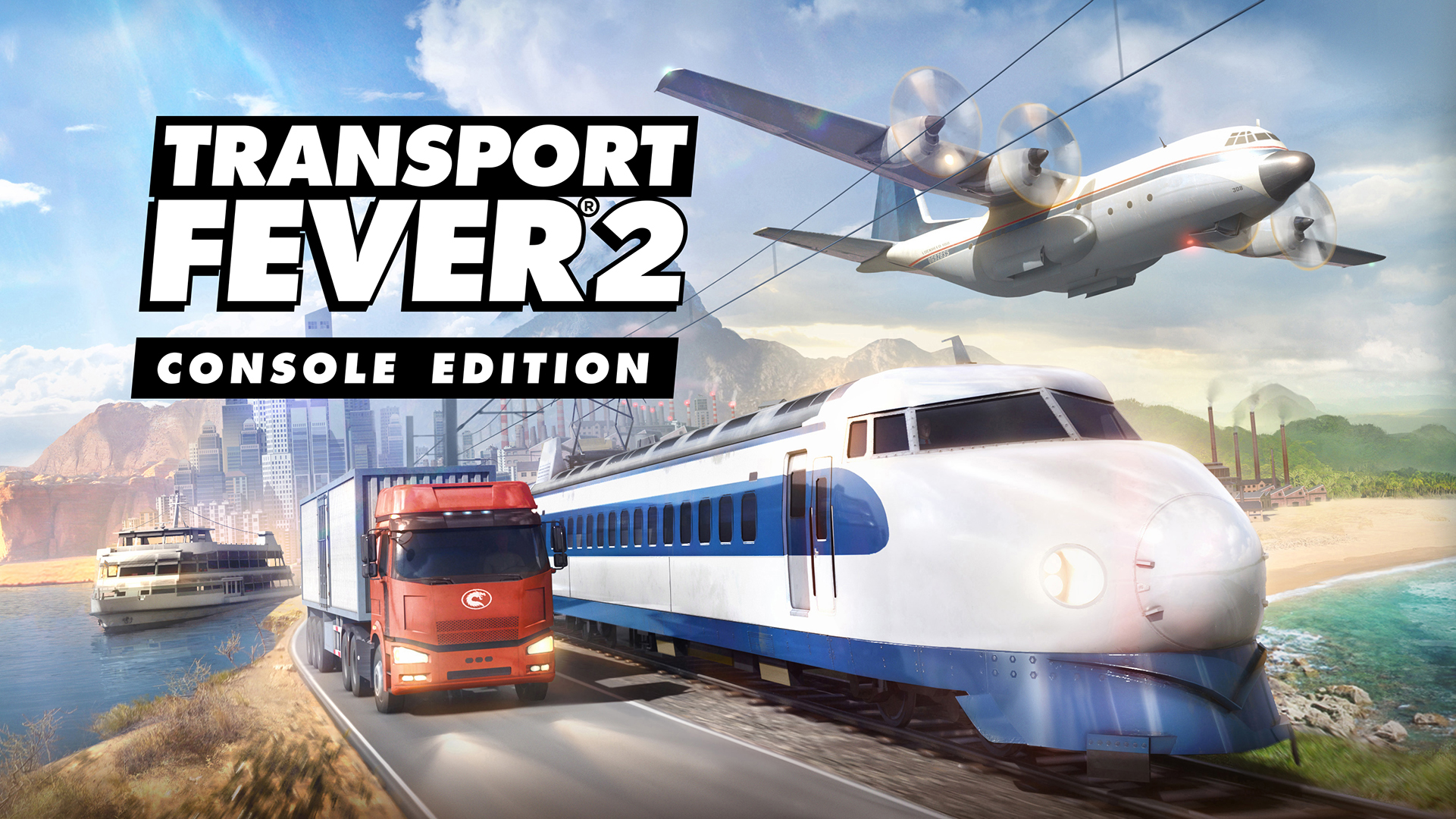
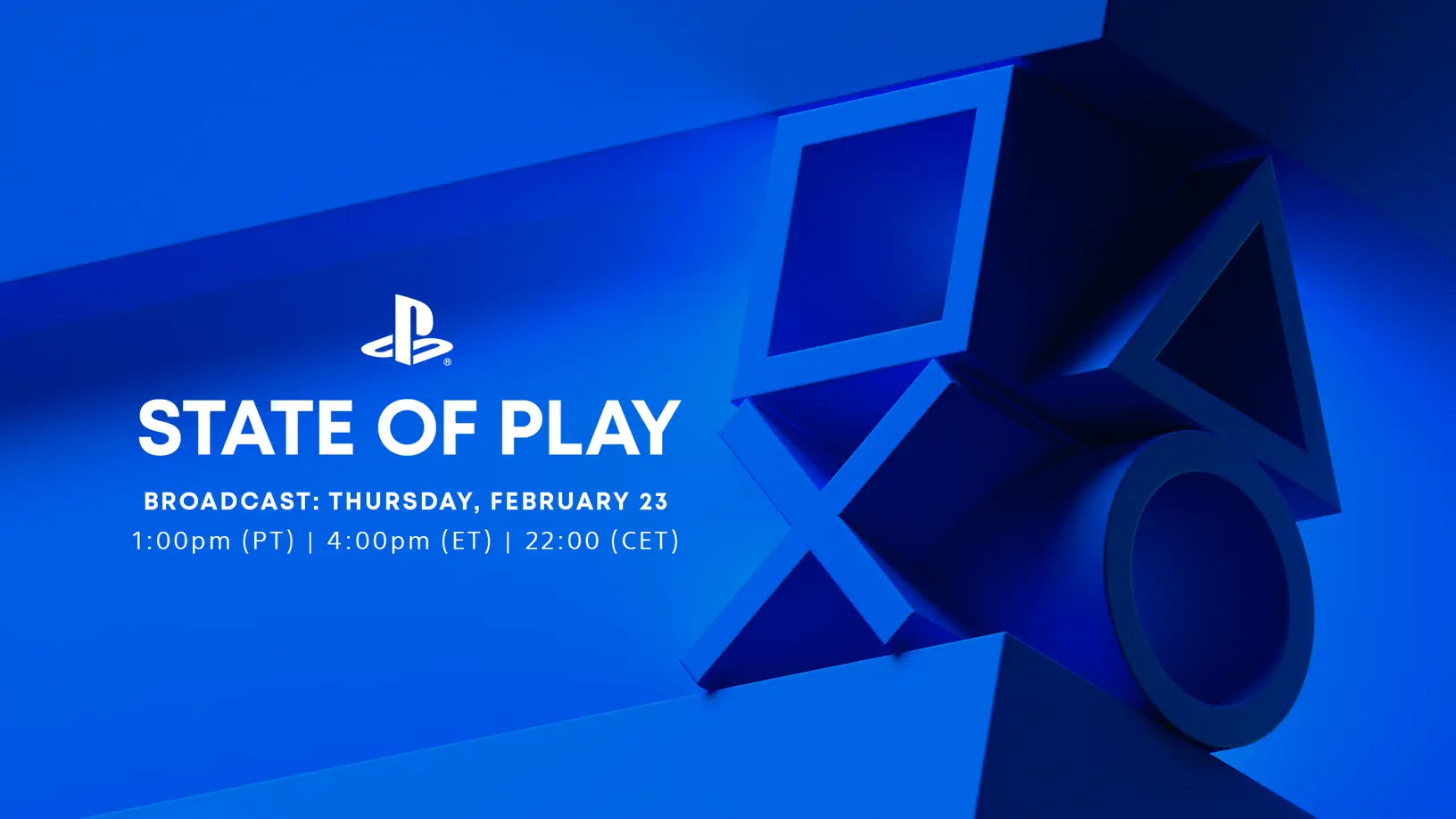





This is a hard breakdown of OOT. Once played many years ago on N64 as a 7/8yo, and gave up due to difficult puzzles then later on Gamecube for the same reason, I’m approaching the end on 3DS now. My heart was pounding against Dead Hand at the “Bottom of the Well” of the Master Quest, very unsettling for Young Link and the player putting our child protagonist in an undead lair.
Nevertheless, it occurred to me that the windmill operator’s words were right along, “This is all that young boy’s fault who played that song 7 years ago and made it rain”. Link dried up the town’s only livelihood and left the sealed door open for a banished evil to escape FOR A SECOND TIME. Link’s body grows for 7 years but his maturity fails to do so. Still using a plan plotted by some 9/10yo kids, that he would’ve eventually applied logic to, to understand that opening all doors that sealed indestructible evils, must remain closed.
Link had no parents to steer him the right way and wanted to be accepted. While Zelda went against her father’s wishes to cease her immature actions, on matters which she could not currently comprehend. Then guided Link in the wrong direction. Arguably, Zelda doomed Hyrule with her master plot but being royalty means never having to admit one’s wrongs. Therefore, using the orphan hylian, without a fairy, as a scapegoat will suffice.